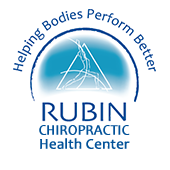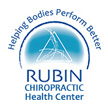 Most people think of stress as a mental health concern. But, it has a large impact on your physical health, too.
Most people think of stress as a mental health concern. But, it has a large impact on your physical health, too.
Stress occurs as a result of our innate fight-or-flight response. When this response is triggered, the hypothalamus in the brain releases cortisol, the stress hormone. The heart rate, blood sugar levels, and blood flow to the muscles increase to respond to the perceived threat. Over time, frequent stress can have a noticeable impact on your physical health.
Long-Term Effects of Stress on The Body
In the long-term, stress can have damaging effects on the body, including:
-
Increased susceptibility to viruses
In the long term, stress weakens the immune system. This occurs because stress reduces white blood cells, which aid the body in fighting infection.
-
Headaches
The body’s stress response impacts the blood vessels. If the blood vessels swell in response to stress, it can lead to headaches and even migraines. Stress can also cause muscle tension in the neck, which is a key cause of tension headaches.
-
Digestive problems
The body’s stress response can impact the digestive system in multiple ways. It can trigger spasms in the esophagus, nausea, increased stomach acid, and diarrhea or constipation. In severe cases, stress can even lead to gastrointestinal disorders like IBS.
-
Pain
If you’ve experienced stress over a prolonged period, it can lead to muscle tension and pain. This occurs because the muscles often contract when the body is stressed – the muscles tense with stress in order to protect the body against injury. But, over time, stress-related muscle tension can cause pain and stiffness.
If you’re experiencing the physical effects of stress, methods including massage therapy, acupuncture, and chiropractic care can help. By relieving tension and encouraging the muscles to relax, you can experience relief from symptoms of prolonged stress. Contact the Rubin Health Center to learn more.


